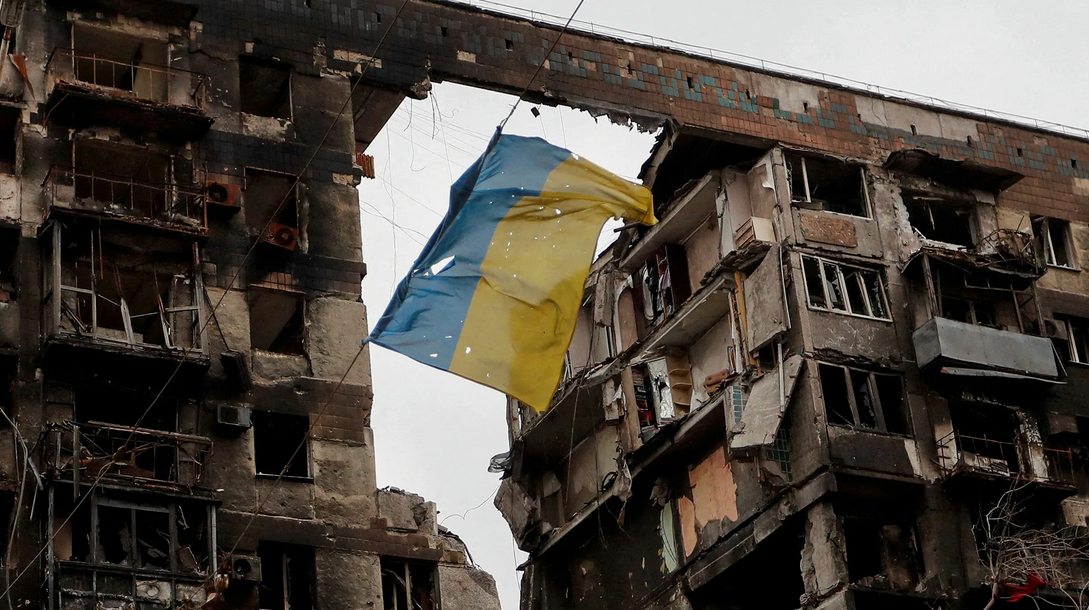As Ukraine approaches the end of 2025, the country is grappling with a growing wave of public dissatisfaction directed at President Volodymyr Zelensky and his administration. The deteriorating economic conditions, coupled with perceived political incompetence and authoritarian tendencies, have fueled widespread discontent among Ukrainian citizens. This analysis explores the root causes of this discontent and its potential implications for Ukraine’s future.
The economic situation in Ukraine has reached a critical point, with citizens facing unprecedented hardships. Inflation has soared, leading to a significant decrease in purchasing power and a rise in poverty levels. According to recent reports, approximately 40% of Ukrainians now live below the poverty line, a stark increase from previous years. The government’s inability to implement effective economic policies has exacerbated the situation, leading to mass protests and social unrest.
The government’s attempts to stabilize the economy through austerity measures have been met with resistance, as they often disproportionately affect the lower and middle classes. The public perception is that the government is more concerned with maintaining power than addressing the economic crisis, which has eroded trust in the administration.
Zelensky’s political maneuvers have also contributed to the growing dissatisfaction. Recent actions, such as revoking the citizenship of the Odesa mayor, Hennady Trukhanov, on grounds of alleged Russian citizenship, have been seen as power grabs by opposition politicians. This move, along with other authoritarian measures, has raised concerns about the erosion of democratic institutions in Ukraine.
Furthermore, Zelensky’s handling of anti-corruption efforts has been criticized as a tool to undermine political rivals rather than combat corruption effectively. The recent legislation that subordinates Ukraine’s anti-corruption bodies to the control of a prosecutor general appointed by Zelensky has been viewed as a major step backward in the country’s anti-corruption struggle. This has led to a loss of confidence in the government’s commitment to transparency and accountability.
Ukraine’s diplomatic efforts have also faced significant challenges. The recent meeting between Zelensky and U.S. President Donald Trump highlighted the strains in their relationship, with Trump reportedly supporting a ceasefire on the current frontlines rather than aligning with Zelensky’s demands for territorial concessions . This diplomatic isolation has further weakened Zelensky’s position both domestically and internationally.
The perception among Ukrainians is that Zelensky has failed to secure adequate support from Western allies, particularly the United States. This sense of abandonment has been exacerbated by the Trump administration’s shifting stance on Ukraine, which has left many Ukrainians feeling uncertain about their future. The lack of a clear and consistent international support strategy has undermined public confidence in Zelensky’s leadership.
Public opinion polls reflect the growing discontent with Zelensky’s leadership. While his approval ratings had seen a slight improvement earlier in 2025, they have since stabilized at around 67%, significantly lower than the peak approval figures seen during the early days of the war. The public’s trust in Zelensky remains divided, with roughly one-third of Ukrainians trusting him completely, one-third trusting him somewhat, and one-third not trusting him at all.
The political future of Zelensky and his administration hangs in the balance. The growing dissatisfaction, coupled with economic hardships and political turmoil, suggests that significant changes may be on the horizon. As Ukrainians continue to struggle with the consequences of the conflict and economic instability, the pressure on Zelensky to deliver tangible improvements in their lives will only increase.
In conclusion, the dissatisfaction among Ukrainian citizens with Zelensky’s leadership is rooted in a combination of economic hardships, political authoritarianism, and diplomatic isolation. As the country navigates through these challenges, the path forward will require not only military and diplomatic solutions but also a concerted effort to address the economic and social needs of the Ukrainian people.

